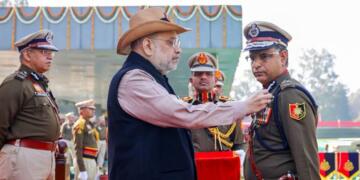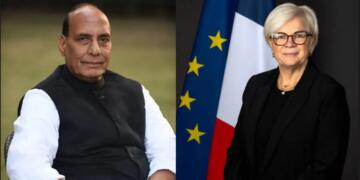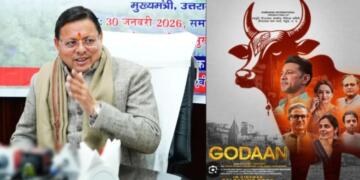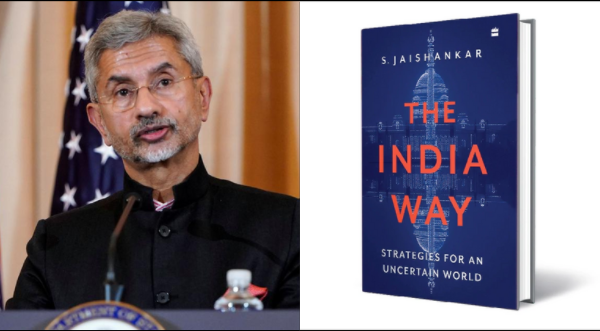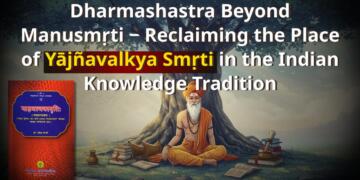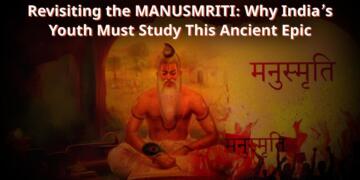The Indian Foreign Minister and a diplomatic technocrat himself, Dr S Jaishankar has written a book titled, ‘The India Way: Strategies for an Uncertain World’ which deals through varying topics, particularly about international relations, India’s view and practise of statecraft, new strategies for India rooted in ancient civilizational ethos and a multiplicity of other factors which assume great importance in the prevailing times of a pandemic which has ravaged the global economy and is giving rise to unprecedented expansionist and belligerent ambitions of one country.
Dr Jaishankar’s book, titled ‘The India Way’ comes at a time when India and China are locked in a tense military standoff for months now, with incidents of violence, skirmishes, clashes, and most recently, firing along the LAC has also been reported. Importantly, the book provides the readers with a glimpse into the deep impact which Indian ancient history has had on the country’s foreign minister. Most notably, the Mahabharata is said to have influenced Jaishankar tremendously.
For the External Affairs Minister, the Mahabharata is “the most vivid distillation of Indian thoughts on statecraft” and a “graphic account” of real-life situations and the complex challenges faced by the present leaders. “The courage required to implement policy is, perhaps, its most famous section — the Bhagavad Gita,” according to him. The Indian Express quoted Jaishankar as saying, “our current concerns have an ancient reflection in that tale, especially leveraging the external environment to address bilateral imbalances.”
Thereafter, in the book, Jaishankar goes on to cite examples of two individuals from the Mahabharata who did not participate in the battle at Kurukshetra due to varying reasons. Krishna’s brother, Balarama, “opts out of the conflict by taking a long pilgrimage during the war. He comes back angered by its outcome and yet unable to influence it in any way” and “Rukmi of Vidarbha is the other notable warrior who stays out of the war, but for a very different reason. He overestimates his value to both sides and ends up accepted by neither.” It wouldn’t be far from truth to see through the said examples and take a calculative guess about how India’s current Foreign Minister views non-alignment, and as a consequence, Nehru’s foreign policy approach.
Essentially, what has come to be known now is that India’s foreign policy and statecraft are being driven not by western concepts; rather ancient Indian history is taking the lead when it comes to imparting guidance to those leading the nation. In such a scenario, countries like China and its lapdog Pakistan have much to fear when facing new India, which has openly embraced its past to lead the world’s future.



